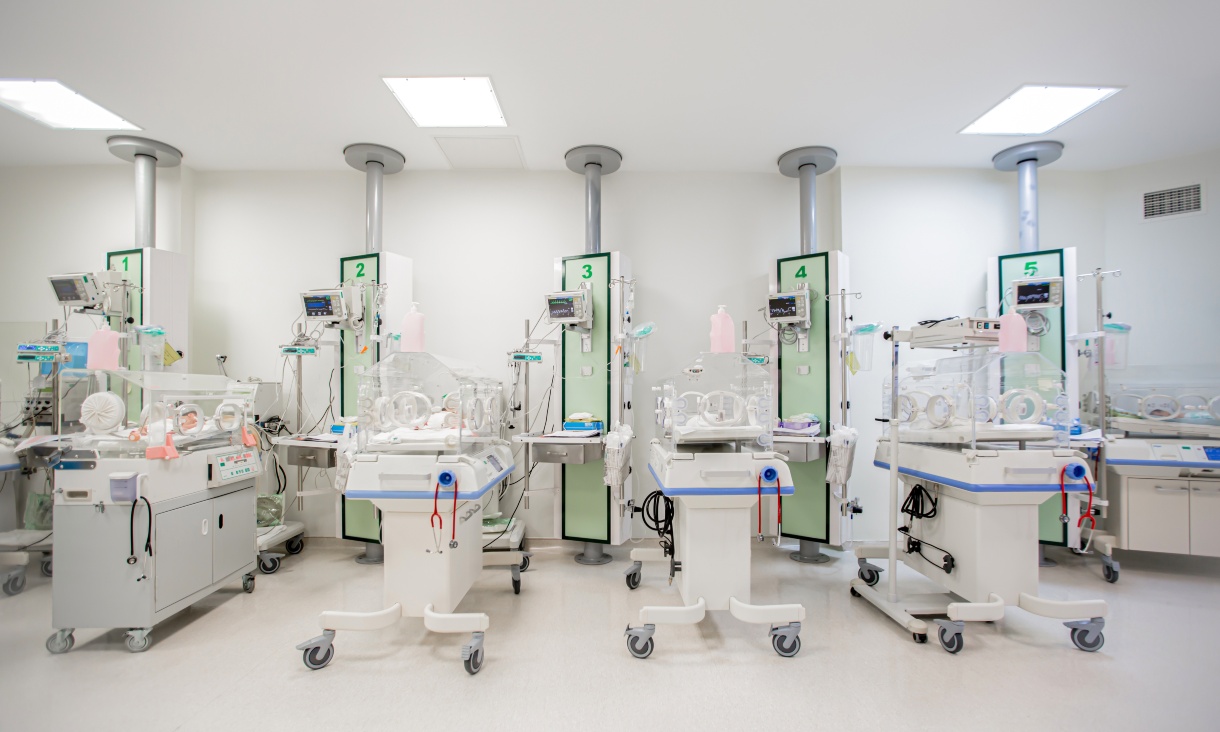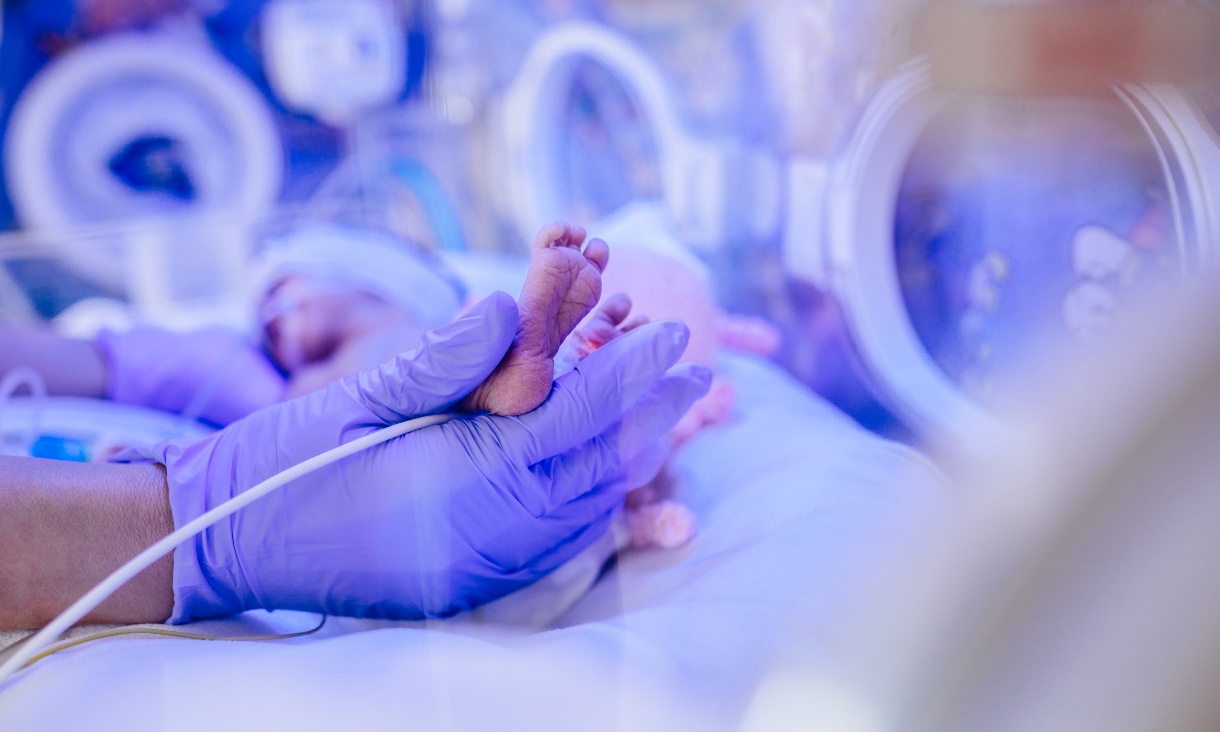European research lays the groundwork for future stem cell clinical trials
RMIT has contributed to an international consortium exploring how human mesenchymal stem cells could help to repair brain injury in children born preterm.
Banning energy disconnections shouldn’t destabilise markets, study finds
Approaches by some European countries and Australia to protect energy consumers could help countries worldwide phase out harmful electricity disconnections without destabilising power markets, new research has found.
RMIT research innovates social change through climate justice
RMIT research has revealed how marginalised voices can be championed in shaping policy on decarbonisation efforts in Europe.
The impact of early life events on lifelong health
RMIT researchers are investigating the earliest moments of life and their role in the development of neurodevelopmental disorders.








